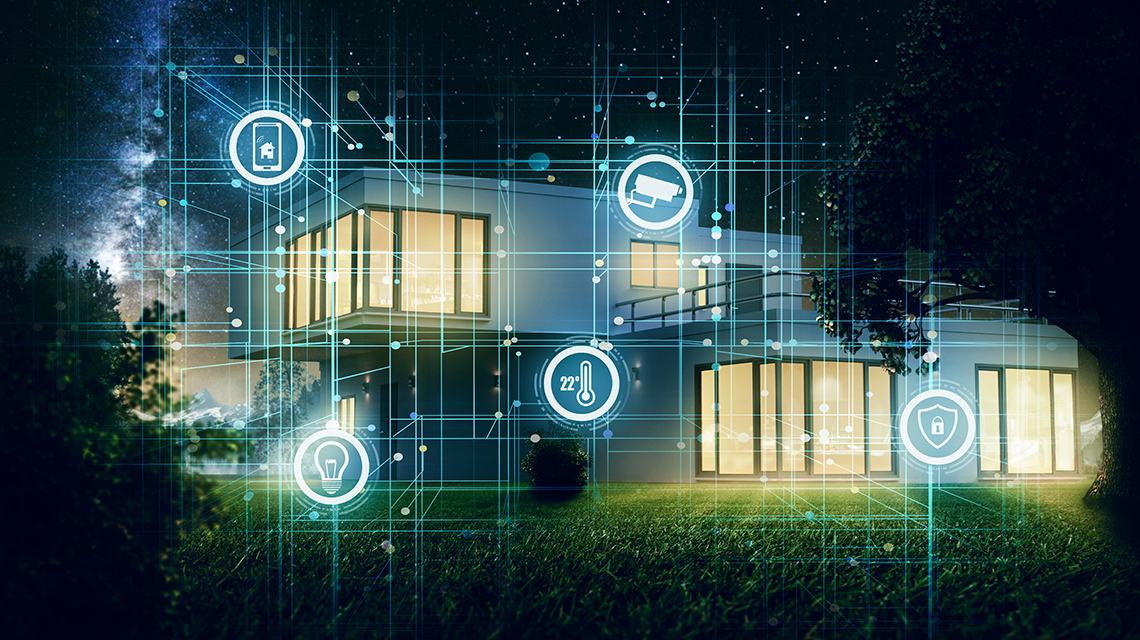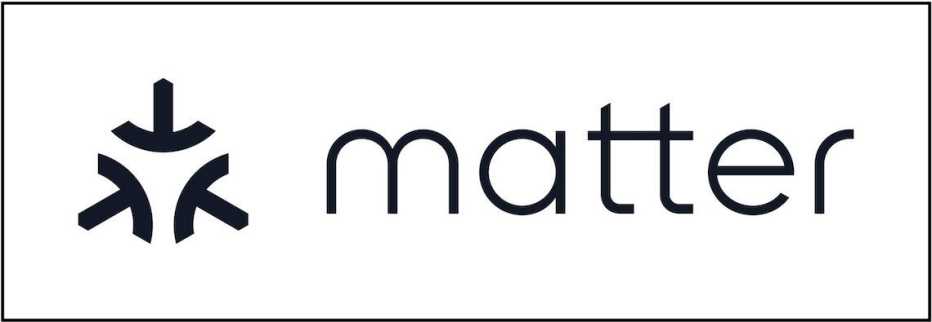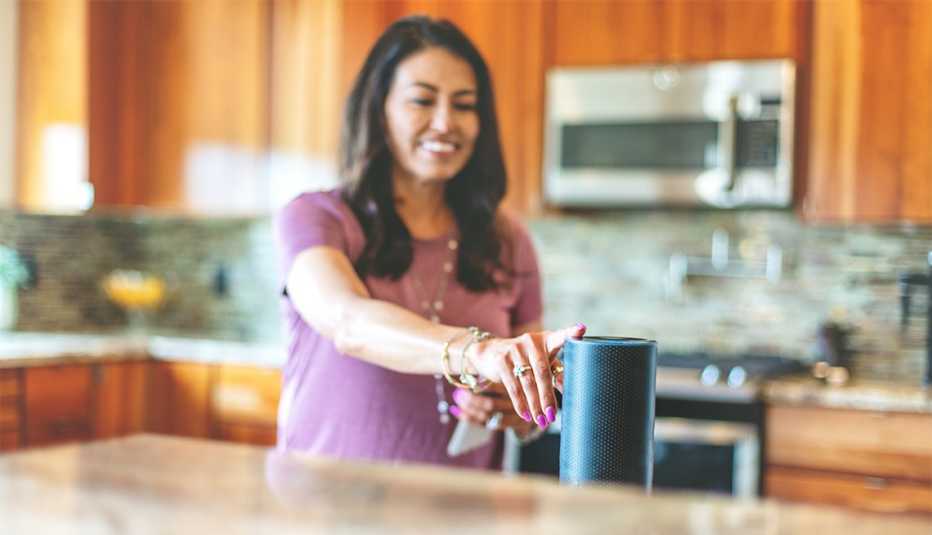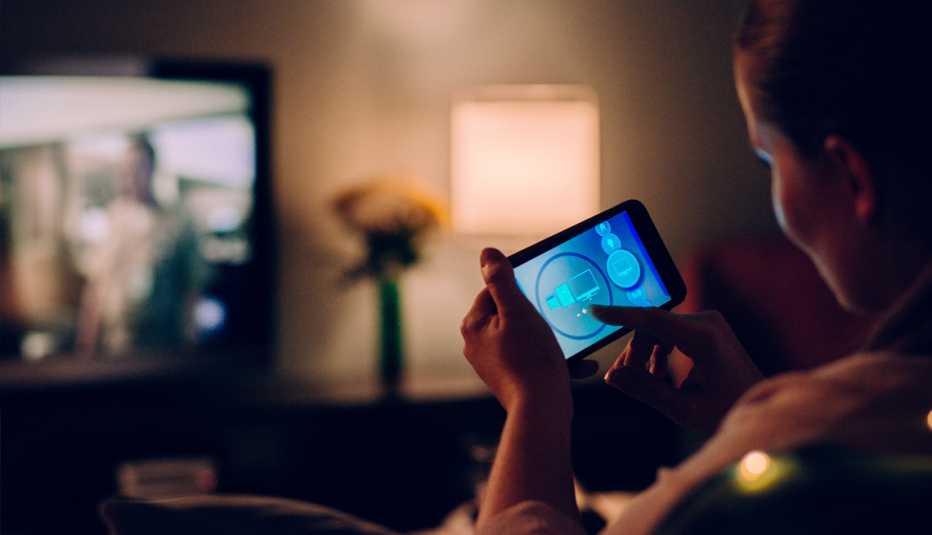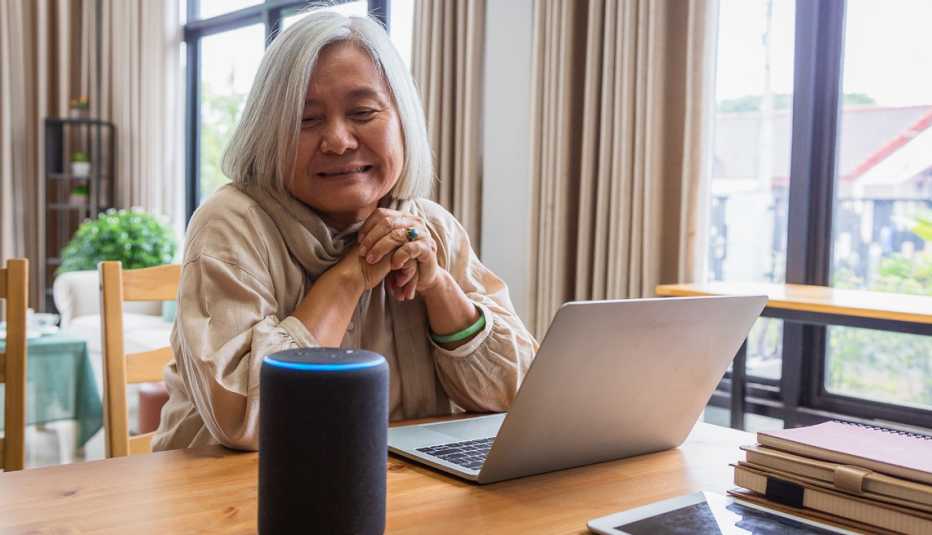AARP Hearing Center
The individual devices that make an everything-is-connected-to-the-internet smart home haven’t always been easy to work with.
Some won’t make nice with products you’ve purchased or talk to the smart home platform that you might have by default because of that first video doorbell, remote garage door opener or smart thermostat you bought. Collectively, these devices are part of the Internet of Things (IoT) that encompasses everything from smart lights, plugs, security cameras, speakers and TVs to robot vacuums.
Lack of compatibility, the complexity of making sure devices will work together and concerns about privacy are among the reasons many consumers haven’t bought into the vision of a brainy smart home.
Hundreds of companies sign on to Matter
That could change now that the tech industry has reached a kumbaya moment. A reputable who’s who among industry titans, including Amazon, Apple, Google and Samsung, that created the most popular smart home platforms, is pushing an emerging global standard known as Matter. The standard essentially promises that you won’t bring home the modern-day equivalent of a VHS tape for your Betamax video recorder.
As a consumer, you’ll still choose a smart home platform and interact with products through apps, controllers, hubs or your voice. If you like Amazon Alexa, Apple HomeKit, Google Home or Samsung SmartThings, you can keep it.
If Matter lives up to its promise, devices from rival brands will seamlessly and securely work together. For example, you might ask Amazon’s Alexa or Apple’s Siri to change the temperature on your Google Nest thermostat.
Not only are the biggest names in tech behind Matter. About 300 companies, including several start-ups, are embracing the initiative across a gaggle of products, which must meet certification requirements established by an industry group known as the Connectivity Standards Alliance (CSA), formerly the ZigBee Alliance.
In early January, dozens of companies showcased Matter-capable products at the CES tech fest in Las Vegas. They include Nanoleaf, which will have a series of hands-free smart lighting products, and Eve Home, which will sell Matter-ready smart plugs, door and window sensors and more early in 2023.
Some early Matter-certified products are already in stores. But most are coming this year and beyond.
A standard 3 years in development
Getting rival tech companies to agree on a common language, or protocol, for devices is no small, um, matter. Behind the scenes, the technical work that resulted in the Matter certification standard has taken roughly three years, according to Tobin Richardson, CSA’s president and chief executive.


































































